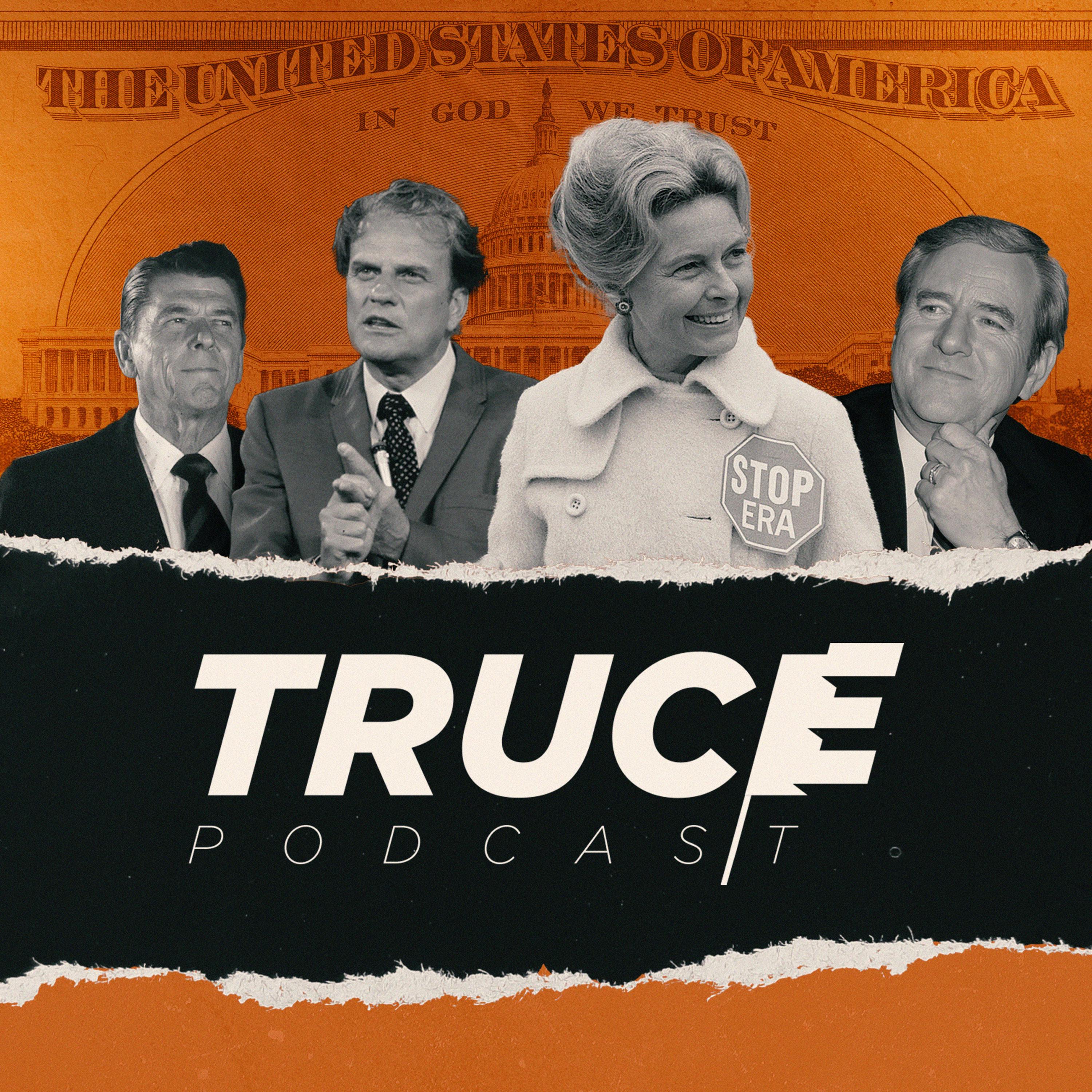
Cinematic Doctrine
Cinematic Doctrine is a mature, millennial-infused film/tv discussion podcast from Melvin Benson that features Movie Discussions (conversational episodes about specific movies), Party Pleasers (movies fully-summarized from start to finish to discern if its a 'Party Pleaser' or 'Party Pooper'), and Let's Talks (prepared film-or-Christian related topical episodes). Influenced by Acts 17 and Romans 2:4. Podcast Magazine says Cinematic Doctrine "uses the shared value of human life as a springboard into deeper conversations". // CinematicDoctrine.com
Cinematic Doctrine
I Saw the TV Glow - Emotionally Devastating
PATREON MOVIE DISCUSSION:
This movie was selected by our Patreon Supporters over at the Cinematic Doctrine Patreon. Support as little as $3 a month and have your voice heard!
Kathryn joins Melvin to discuss Jane Schoenbrun's I Saw the TV Glow! Owen's curiosity in a late-night television show called "The Pink Opaque" leads him to meet Maddy, an upper-classmen at his school. Sounds normal, but it's an off-beat arthouse coming-of-age psychological drama (with a tinge of horror) from the director of We're All Going to the World's Fair, so of course there's more to it! Tune in now!
Topics:
- Most people over the age of, like, 40 years will likely reject the film as too weird or too complex, as a lot of what's at play is very late Millennial/Gen Z.
- Melvin found the film "emotionally devastating", and begins to explore what that means to him.
- A lot of dialogue personally connected with Melvin, whereas a lot of visuals personally connected with Kathryn, and the two share specifics.
- Melvin shares how Cinematic Doctrine hasn't really talked about LGBTQIA+ topics on the podcast because it's such a loaded topic in the Christian community. Even so, one of I Saw the TV Glow's main topics of exploration is gender identity and fluidity, and how it correlates to the coming-of-age experience. As such, they get into the weeds.
- Does it really make sense to gender-restrict activities when they have nothing to do with one’s born-sexuality? How do things in the real world become representative of genitalia?
- Television may exist in I Saw the TV Glow to represent desire, and the dichotomy between getting lost in the fantasies of our desires or being propelled to act on our desires.
- Owen's decision at the end of the film hits the way it does because he's finally making a decision about what he's endured the whole film.
- I Saw the TV Glow is extremely dense and profoundly nuanced, and Melvin is positive that Kathryn and he have barely scratched the surface.
Recommendations:
- Jim Henson Idea Man (2024) (Documentary)
- Smile 2 (2024) (Movie)
Support on Patreon for Unique Perks!
- Early access to uncut episodes
- Vote on a movie/show we review
- One-time reward of two Cinematic Doctrine Stickers & Pins
Social Links:
Podcasts we love
Check out these other fine podcasts recommended by us, not an algorithm.

Movies & Us
Movies & Us
TV & Us
TV & Us
Truce - History of the Christian Church
Chris Staron
The Establishing Shot
Eli Price
